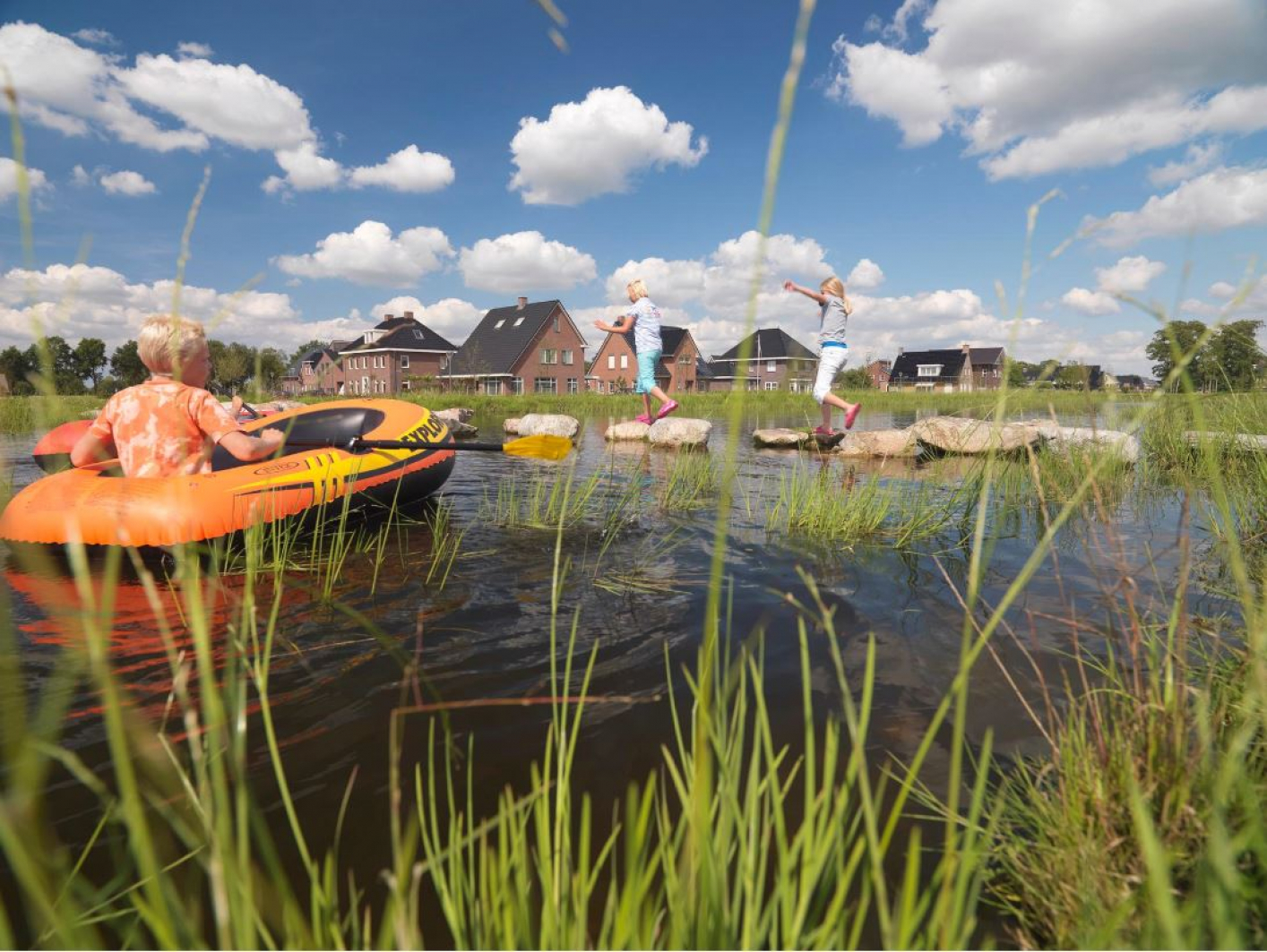
Background to and focus of the advisory letter
Plentiful supply of good-quality water is vital for health, nature, drinking water production, industry and agriculture. In force since 2000, the European Water Framework Directive (WFD) requires all waters in Europe to meet its standards by 2027. Much has been done since then, but the framework’s objectives are still far from being achieved. Only a small percentage of Dutch waters are considered "good" status. In 2019, for example, 75% of surface waters exceeded standards for one or more pollutants. And in 2020, the biological quality of 90% of surface waters was still not good enough, mainly due to excessive loads of nitrogen and phosphate from fertilisers. Failure to achieve WFD objectives in a timely manner could mean that numerous activities in the Netherlands – both in agriculture and in the rest of the economy – are forced to come to a halt. There is also a risk that if the Netherlands fails to meet the WFD objectives, it could face fines from the European Union.
Against this background, in this advisory letter the Rli focuses on answering the question: what government policy is needed to achieve the WFD objectives as quickly as possible and then consolidate the objectives achieved?
Explanatory Note
In this advisory report, the Rli concludes that with the current Dutch policy, the WFD objectives cannot reasonably be met by 2027. Moreover, the implementation of that policy is being hampered by a number of factors, to such an extent that the WFD objectives are unlikely to be achievable beyond 2027 without the policy approach being tightened up. The Rli makes five recommendations that are expected to allow the WFD objectives to still be achieved, albeit later than 2027.
1. Improve the way the WFD follows through into all relevant policy areas and take mandatory measures to this end
The government must ensure that the WFD objectives and associated standards explicitly and bindingly follow through into legislation, regulations and decision-making in all policy areas that contribute to the WFD objectives being met. For example, general rules on fertilisers, plant protection products and the discharge of hazardous substances should be tightened up. The Rli recommends applying the Dutch Water Assessment [in Dutch: watertoets] (a formal advisory instrument to facilitate the integration of spatial planning and water management) more strictly for all spatial plans and decisions that affect or are likely to affect the water system. Spatial plans and decisions must be adapted if the Water Assessment shows that they bring about a detoriation in the current state of the water system.
2. Make all groundwater and surface water abstractions subject to licensing or notification and reserve sufficient physical space for drinking water production
The Rli recommends making all groundwater and surface water abstractions subject to licensing in areas at risk of water shortage, specifically highlighting the importance of protecting groundwater and surface water intended for drinking water production. This water resource must meet the requirements to be imposed on it in terms of both quantity and quality. It is important to consider how the growing demand for drinking water can be met in future, so that it can be taken into account in spatial planning.
3. Reduce nutrient concentrations in groundwater and surface water by tightening up manure regulations, deploy instruments for the government's intended reduction of livestock numbers and improve purification in sewage treatment plants
The Rli recommends ensuring that manure policy is in line with WFD objectives. To reduce nutrient concentrations in water, the Rli recommends gradually scaling down the number of phosphate and livestock rights being traded, buying up these rights for a reasonable fee and taking them out of circulation. The Rli also recommends requiring water boards that still allow discharges of too many nutrients such as phosphate and nitrate to surface water to add a fourth treatment stage in sewage treatment plants by 2027 at the latest.
4. Ensure that the WFD objectives follow through into legislation on plant protection products, priority substances, emerging substances, drug residues, etc.
The Rli recommends ensuring WFD objectives follow through into plant protection policy and amending laws and regulations governing products in which priority and emerging (only recently found in water) substances are used. The WFD objectives will have to be incorporated into these laws and regulations.
5. Start assessing the effects of all measures immediately
It is important to quickly clarify what the remainder of the WFD challenge consists of. The Minister of Infrastructure and Water Management should therefore arrange for the expected effects of all current and proposed measures to be assessed. Additional measures should be taken where necessary.
Publication date
The advisory report was presented to the Minister of Infrastructure and Water Management on 11 May 2023.
 On 11 May 2023, Minister of Infrastructure and Water Management Mark Harbers took receipt of the advisory letter “Good Water, Good Policy”. L to R: Karin Sluis (Rli Council member and committee chair), Jan Jaap de Graeff (Rli chair), Mark Harbers and Niels Koeman (Rli Council member). Photo: Fred Ernst
On 11 May 2023, Minister of Infrastructure and Water Management Mark Harbers took receipt of the advisory letter “Good Water, Good Policy”. L to R: Karin Sluis (Rli Council member and committee chair), Jan Jaap de Graeff (Rli chair), Mark Harbers and Niels Koeman (Rli Council member). Photo: Fred Ernst
Information or comments
For further information on the advisory report, please contact project leader Nicole van Buren at nicole.van.buren@rli.nl or +31 (0)6-10172005.